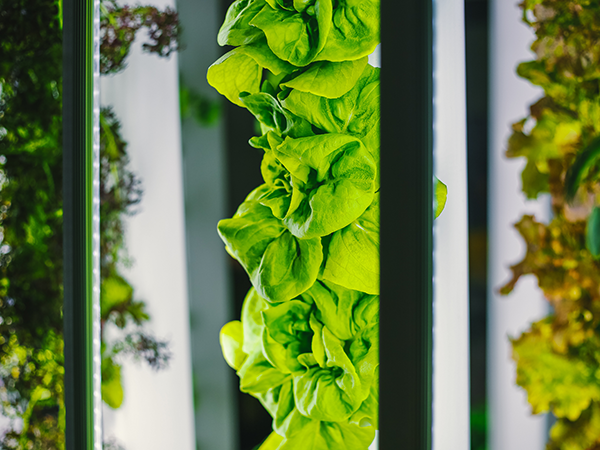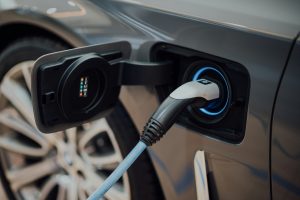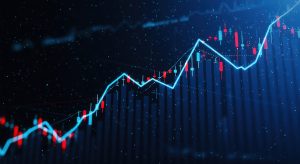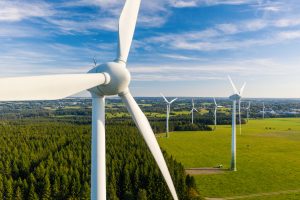Davos themes and impact investing trends

The yearly gathering at Davos receives much media attention, both positive and negative. Some view it as a ‘talk shop for the rich’, while others criticise Davos for not being inclusive enough. These are valid concerns; however, Davos is also an opportunity to influence the economic and development agendas of societies around the world. It’s a chance to discuss the most pressing issues in the environment and development spheres and, importantly, the opportunity to come up with viable and long-term solutions to global challenges. It’s a yearly moment in time to reimagine a more inclusive and sustainable world.
This year, we saw several threads at Davos that relate to our impact and investment narrative at Tribe. The discussion around our energy and food crises, in the context of new systems, speaks directly to our environment & ecology investment theme. We invest across the new energy system from renewables to hydrogen, to electrifying our vehicles and battery storage, across developed and emerging markets.
A food transition is already beginning to take place in some areas, in order to feed a growing world population through a different protein model that relies less on animals. We remain very interested in regenerative agriculture, hydroponics, vertical farming, and alternative proteins. It was encouraging to see these themes referenced at Davos. Jim Hagemann Snabe, Chairman of Siemens AG, spoke of the impact it would have if a billion people stopped eating meat 1 . In fact, as the biggest driver of biodiversity loss 2 , our food system is crucial and inexorably tied to the climate crisis. Just as we’re rapidly redesigning our energy systems around the world, the same is starting with our food system. We’re investing in solutions that will help accelerate this trend including in smallholder farmers in emerging markets via microfinance.
There were also some key social issues debated at Davos this year relating to health. Health equity was discussed, which is the ‘fair and just opportunity for all to fulfil their potential of health and wellbeing’ 3 . Tribe’s education & equality theme invests in health solutions, including women’s health and the preventative health sector. There are clear links between healthy food and good health, for instance, and there are investment opportunities to help drive the change towards healthier food and lifestyle choices, specifically in plant-based food.
Education equity was also discussed. Investing in education in a targeted manner can help to alleviate social vulnerabilities, and help equalise opportunities across gender and ethnicities. Through some of our funds and direct investments, we invest in companies that provide programme management services for academic institutions, as well as publishing and professional learning content and courseware.
António Guterres, Secretary-General of the United Nations remarked this year that “the battle to keep the 1.5C limit alive will be won or lost in this decade” 4 . This means there’s seven years to limit global temperature rise to 1.5 degrees or less. One investible solution to help prevent a rise above 1.5 degrees is in emerging markets and renewable energy infrastructure. This can aid economic development in some of the world’s poorest countries, helping to achieve more energy independence, and contributing sustainable infrastructure to the world which will help with global climate ambitions. We’re also investing in newer areas that are helping to drive carbon reduction, such as green hydrogen. Furthermore, when devastating conflicts break out, like the current war in Ukraine, we’re reminded of the necessity to move away from fossil fuel dependence and the importance of more energy independence.
We’re always on the lookout for investments in technologies that power the future of tomorrow – of a new energy system and of a sustainable economy. It was great to see the importance of this highlighted by Ursula von der Leyen, President of the European Commission when she said “the next decade will see the greatest industrial transformation of our times – maybe of any times. And those who develop and manufacture the technology that will be the foundation of tomorrow’s economy will have the greatest competitive edge” 5 . She also announced the EU Green Deal Industrial Plan 6 which is, in a way, the European equivalent of the US Inflation Reduction Act 7 announced last year. These policies will benefit those companies that support and help develop a sustainable economy.
In short, it was encouraging to see some of the most important issues being discussed at Davos 2023: energy and climate change, social vulnerability, technologies for industrial transformations, as well as the change we need to see in our food system. Turning words into action is now paramount, and the investment world can play a unique role here. Financing the companies of tomorrow, those that are committed to creating a more just, inclusive, and sustainable world – we believe – is investing that can do good, and do well.



